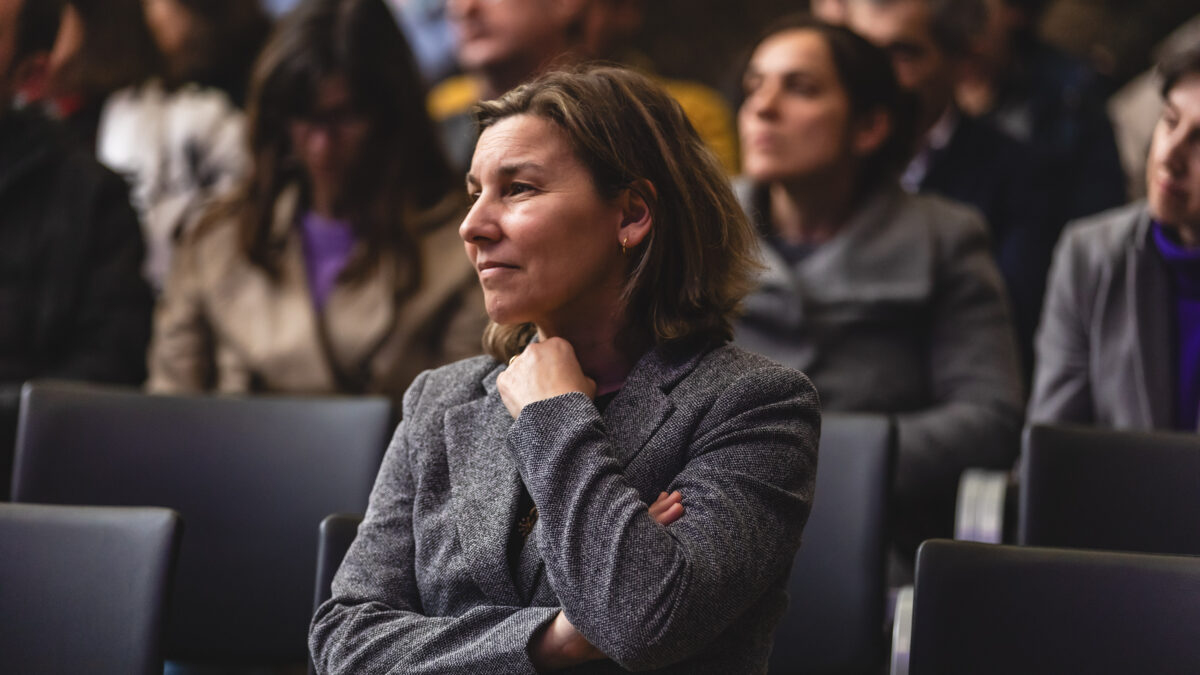
In the Media: Women in Science and Engineering. Inês Lynce participates in article for Diferencial
“If you asked me who I admire: I admire my women colleagues.” – these were the words of INESC-ID’s President of the Board and researcher, Inês Lynce in a recent article published on Diferencial, the newspaper by Instituto Superior Técnico students, where the challenges and lessons of being a woman in science and engineering were discussed.
To highlight the increasing presence of women in these fields, Diferencial brought together three women of reference, DEI and INESC-ID’s Inês Lynce, DEEC’s Helena Ramos and COSTAR’s Rita Santos, to share their perspectives on what it means to be a woman in computer science, electrical engineering and physics, respectively. Throughout the discussion, they acknowledged that men and women often have different approaches in professional settings. Women may often face a sense of natural insecurity and are more aware of their limitations, which can lead to more cautious and reserved behaviours. Furthermore, to make their voices heard, women often need to be more assertive and “louder” than their male colleagues in order to effectively communicate their ideas.
Inês Lynce, who studied at Instituto Superior Técnico (IST) and is now a full professor, noted that the percentage of women starting their studies in computer science has barely risen, which she describes as a “frightening” scenario. Greater diversity in science is essential because it enriches the field by incorporating a variety of perspectives, regardless of gender, a notion that all participants agreed on. As our researcher stated, “If all computer science is made by men, we’re in trouble, right? Games will remain masculine, as will apps”. On a positive note, there is now increased recognition and awareness of the issue, and efforts are already underway to ensure equal opportunities for everyone, an important step towards greater inclusion.
Besides the challenges acknowledged, the three researchers expressed a strong sense of professional fulfilment, emphasising their excitement to learn more in their respective fields each day. Inês Lynce concludes that when choosing an academic and professional path, the most important factor is, “regardless of whether you are a boy or a girl, is that you make an informed decision and that you like it”. For women, she highlights the importance of “being proud of being a woman”.
Read the full article, in Portuguese, here.
